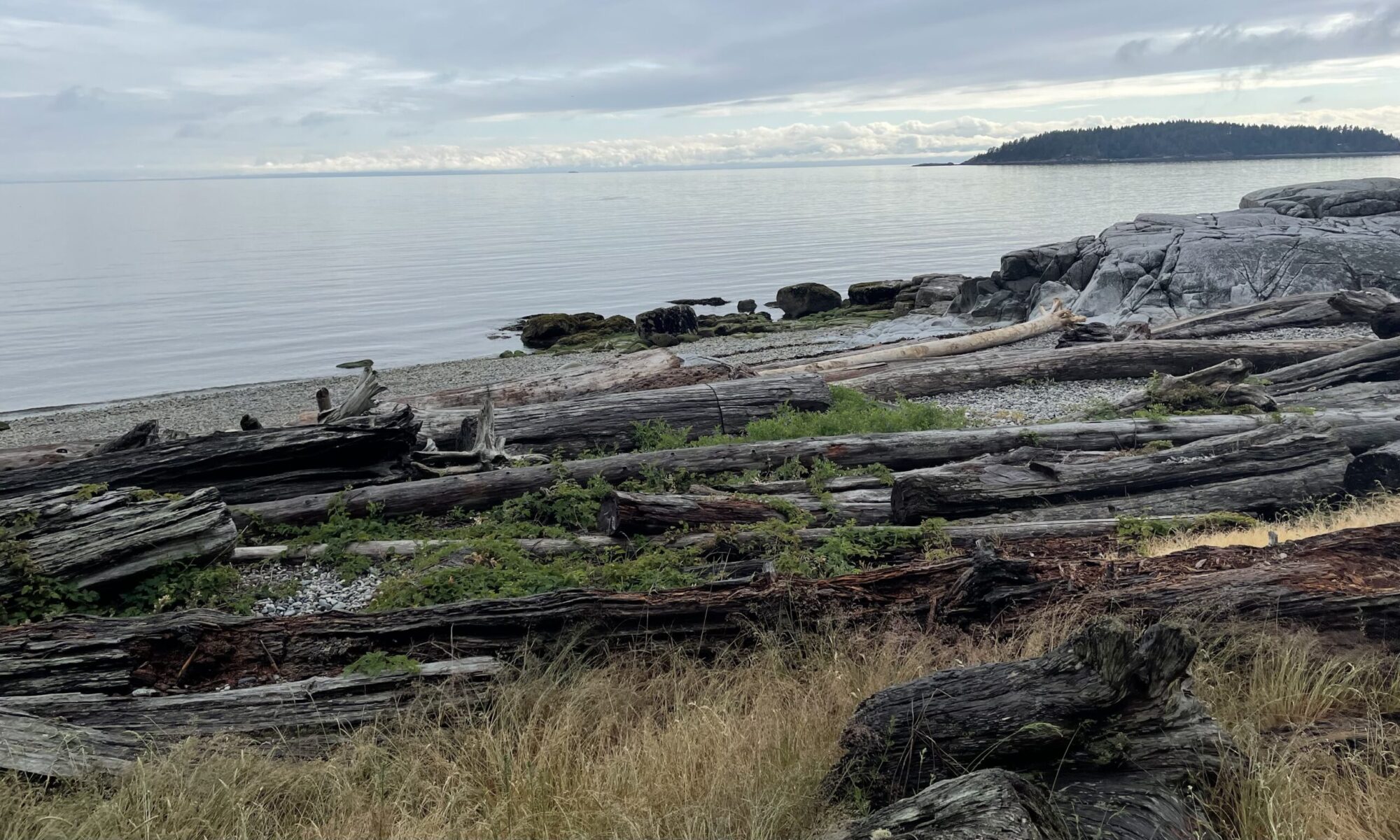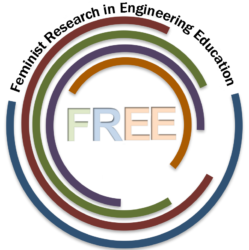I am pleased to share with you that ADVANCE Purdue and the Center for Faculty Success will be hosting the 2nd Annual Gender and Science, Technology, Engineering, and Mathematics (STEM) Research Symposium February 17-18, 2011 at Purdue University.
We are now accepting abstracts to be presented during the main symposium day, February 18. We encourage work submitted by undergraduates, graduate students, staff, and faculty from Purdue and across the Midwest region. More information on the call is below; 250-word abstracts are due by January 15, 2011.
Our opening keynote on the evening of Feb 17 will be Dr. Virginia Valian, author of Why So Slow? The Advancement of Women (published by MIT Press, 1998).
We hope to be able to make registration free again this year, but will make updates about this on the symposium website, at http://www.purdue.edu/discoverypark/advance/cfs/symposium/symposium.php>
Please share this CFP widely, and consider submitting some of your work. We look forward to seeing you in February!
— CALL FOR PAPERS AND REVIEWERS —
Gender and Science, Technology, Engineering and Mathematics (STEM) Research Symposium
February 17-18, 2011
hosted by ADVANCE-Purdue and the Center for Faculty Success
ADVANCE-Purdue and the Center for Faculty Success (http://www.purdue.edu/dp/advance/) invite abstracts for presentation, posters, and discussions for the second annual Gender and STEM (Science, Technology, Engineering and Mathematics) Research Symposium, to be held February 17-18, 2011 at Purdue University (West Lafayette campus). Researchers — including undergraduate students, graduate students, staff and faculty — from throughout the Midwest or beyond are encouraged to submit current research in the broad area of gender and STEM. Please note: last year’s symposium was local; this year, we plan to be more regional in scope.
The objectives of this symposium are:
- interdisciplinary and transdisciplinary networking of scholars who study gender and STEM,
- capacity building and professional development for students and junior scholars, and
- discussion of emerging methods to do substantive studies on gender and STEM.
Topics of research could include but are not limited to:
- girls’ or women’s experiences and participation in STEM educational tracks or professional careers;
- technical career choices as influenced by family responsibilities;
- discourse analyses of how scientific texts are gendered, raced and classed;
- literary critique of metaphors in scientific publications;
- history of the masculinization of certain forms of technology;
- gender representations in serious games;
- identity construction in science and engineering contexts;
- theory on or critique of gendered organizations;
- topics categorized as feminist science and technology studies;
- history of home economics and Lillian Gilbreth’s work on kitchen design;
- young boys’ and girls’ development of engineering thinking;
- interdisciplinary research methods used to understand new or different facets of the topic of gender and STEM;
- methodologies that investigate different aspects of women’s lived experiences in relation to STEM;
- intersectionality in the study of women’s underrepresentation in STEM professions;
- intersectionality in the study of academic organizations; or
- theoretical or methodological challenges and concerns in studying gendered and raced issues in STEM contexts.
We strongly encourage presenters to make explicit their theoretical foundation for their research design, methodology, educational intervention design and connection with gender. In addition, we ask that presenters consider discussing gender in its context with race and ethnicity. (This means, for example, in a sample of primarily white students, one should talk about them primarily as white students, and not simply as “students” as though they have no race/ethnicity).
Authors should submit an abstract of approximately 250 words on their paper topic and list up to 5 keywords that will help locate the paper within the broader topic of gender and STEM research. We will also ask you to please categorize your paper using some pre-determined keywords, and to locate your paper as embodying best practices, research-to-practice, research, or other.
Abstracts should be submitted online at <https://purdue.qualtrics.com/SE/?SID=SV_9sOOGkHvaLe5R4M> by January 15, 2011 to be considered for inclusion. All abstracts will be accepted (to facilitate making your travel plans) as well as peer-reviewed, and assigned to a formal oral presentation slot, a small group discussion slot, or a poster session. Authors will be asked which format they may prefer, but conference organizers may need to move abstracts between preferred formats to facilitate scheduling. Authors will be notified of the reviews of their abstract by January 24, 2011, and its format by January 31 if not before. Presentations, discussions, and posters will be presented on the main symposium day, February 18, 2011.
We are also searching for reviewers to aid with peer-reviewing abstracts. If you would like to serve as a reviewer for this symposium, please visit <https://purdue.qualtrics.com/SE/?SID=SV_cLOxBHt9eFyV5Dm> and complete the form. We will be in touch with you again shortly.
Please contact ADVANCE symposium organizers Alice Pawley ([email protected]) and Dina Banerjee ([email protected]) with questions. We look forward to your submissions!
Gender and STEM Research Symposium website: <http://www.purdue.edu/discoverypark/advance/cfs/symposium/symposium.php>
(Registration information will be posted here shortly.)

